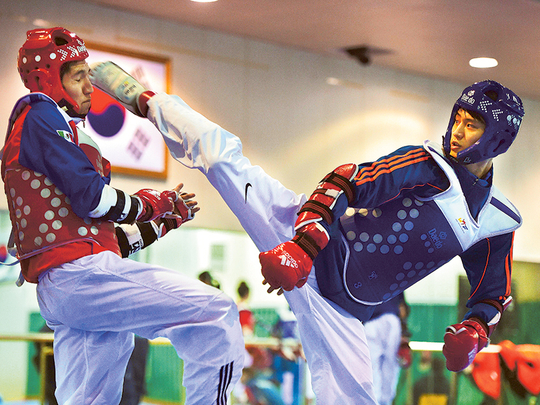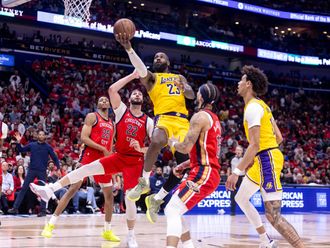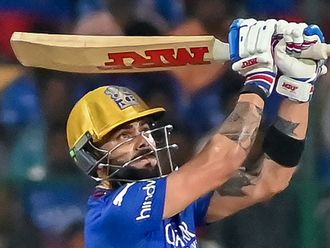
Seoul: South Korea’s two-time world taekwondo champion Lee Dae-Hoon has a weight problem when it comes to securing the Olympic title he craves.
And it’s a conundrum that has only two solutions: slim down or bulk up.
A quirk of taekwondo is that its Olympic weight classes are different from those that feature in the Asian Games and World Championships.
Lee’s natural fighting weight of 63 kilograms fits the latter, but for the Olympics he must choose to shift up or down.
In London in 2012, he opted to shed five kilos and compete in the 58-kilogram division — a decision he now regrets and partially blames for his silver-medal finish.
The rationale for dropping down was that his height would give him an advantage in the 58kg class, but the regimen sapped his energy and Lee says he ran out of power following two overtime bouts.
Most of his training for the London Games had been focused on making the chosen weight, which meant a sacrifice in terms of strength.
“Even after I gained my weight back after the Olympics, I struggled because I had lost a lot of muscle,” Lee, 24, said following a training session at the Korea National Training Centre in Seoul.
With his sights firmly on gold in Rio, Lee and his trainers decided to make 68 kilos his “new normal” and he is currently ranked number one in the world at that weight division.
Lee admits the weight changes have been a challenge, but says he has “gained a lot of confidence” competing against — and beating — powerful fighters in the higher class.
Lee was barely more than a toddler when he first tried out the sport at his father’s taekwondo academy in Seoul 20 years ago.
By the time he was 18, he was the youngest taekwondo fighter on the South Korean national team when he clinched a gold medal at the 2010 Asian Games in Guangzhou, China.
With two world titles, two Asian Games gold medals and two Asian championships under his belt, the quest for gold in Rio is about securing his legacy as one of the sport’s greats.
The Korean martial art only became a full-time Olympic medal sport at the 2000 Games in Sydney, and South Korea currently tops the accumulated medal table with 10 golds.
The sport’s growing popularity has resulted in stronger competition, with fighters from Mexico and Iran among those grabbing top honours.
Lee knows there is a lot of pressure for him to deliver the country’s first men’s taekwondo Olympic title since 2008.
“Many say I’m the number one Olympic gold hopeful, but I could lose and not bring home any medals,” he said.
“I will bring my best to each match, but at the same time I want to enjoy the Olympics to the fullest.”












